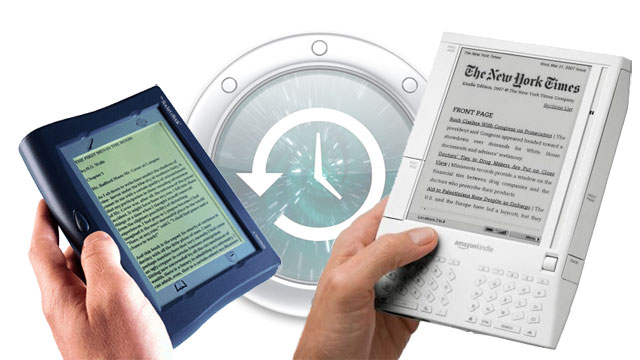
… authors will perceive the immense advantage of giving their own manuscripts directly to the public without the expensive interference of the type-setter, and the often ruinous intervention of the publisher. All that a man of letters need do will be to pay some attention to legibility of manuscript, arrange his pages to suit himself, and stereotype them instantaneously, as arranged. He may intersperse them with his own drawings, or with anything to please his own fancy, … In the new régime the humblest will speak as often and as freely as the most exalted, and will be sure of receiving just that amount of attention which the intrinsic merit of their speeches may deserve.
Lest you get too optimistic about the future of self-publishing, and e-books in particular, here’s an interesting and comprehensive article by an ebook publisher regarding the limitations of ebooks and why they haven’t yet taken hold. The gist of the article is not about ebook technology, but that the publishing industry is keeping the progress of ebooks at bay. Ebook technology is actually getting better and better and has a bright future.
Ebook Technology
Physicist Michio Kaku wrote in his book Visions about possible scientific developments in the future that will change our way of life. One of these things is the possibility of “disposable computers” – paper that is imbedded with computer chips so you would use a computer no differently than you use paper today.
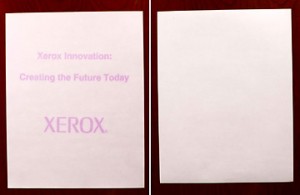 Xerox’s inkless paper is a step in the right direction. The company, Cypak, offers printable circuitry. As it says on the site:
Xerox’s inkless paper is a step in the right direction. The company, Cypak, offers printable circuitry. As it says on the site:
Using printable, conductive ink based on non-toxic carbon powder, electronic circuits and antennas can be printed directly onto low cost substrates such as paper, cardboard or plastic.
If this technology exists today, it is conceivable that there will be ebooks in the future that are no different than printed book’s today. You’ll have a book of blank paper and be able to upload new text to the blank pages. Unfortunately, that’s a science fiction fantasy of what can be achieved by ebooks, and though it’s quite possible in the future, we have to work with what we have now – the Kindle, Sony E-Reader, and others in a similar vein.
The Problem with Digital Rights Management
Even with technological advances, the article makes the point that what’s holding up the proliferation of ebooks is not ebook technology – as the iPod has proven people are comfortable with digital media players – but the fact that publishers have held up ebook distribution for fear of books being pirated, ala Napster, even though the cost of distributing ebooks is basically nothing. The issue of Digital Rights Management was touched on in the SPR interview with Mark Coker, founder of the ebook portal, Smashwords. The writer of the article says:
Publishers effectively sabotaged the e-book market from day one. The DRM, the pricing, the general treatment as second-class citizens, it all added up to an insurmountable drag on a budding industry. Without some minimum level of buy-in from content owners, there was simply no way to break through to the mainstream, no way to ever sell enough copies of those popular novels to recoup a large up-front fee, and no way to persuade content owners to allow the most desirable best-sellers to be sold in e-book form.
Being an ebook publisher who knows the industry through and through, he’s in a better position to make prognostications about ebooks, but I still do think his projections are a little dour: “Popular attitudes towards e-books haven’t changed much. In fact, they may even be worse than the first time around.” It’s not overly optimistic to think that the Kindle, and Oprah’s endorsement, could significantly change the attitude towards ebooks. Publishing is in for a revolution just like the music industry. Only publishers are terrified of what ebooks will do for sales after witnessing how digital music has cut into the music industry’s profits. All the while, the publishing industry is in disarray due to sagging sales figures, while under their noses is the future of reading and a potential goldmine.
But it seems that publishing’s attitude towards ebooks is the same as its attitude towards innovative writing – they want something that’s similar to something that’s come before, rather than something that’s breaking new ground – as it’s always been in the art world. People are afraid of the new. What makes ebooks and print on demand so exciting is it not only opens up the vehicle for reading and obtaining new books, but it gives writers more room for experimentation. Here’s hoping that the virtually inevitable popularity of ebooks comes sooner rather than later.
One thing that is not mentioned in the article is the environmental component. In 2000, when the writer was working in the ebook field, environmentalism was still a fringe subject. Al Gore had just lost an election – now he’s a Nobel Prize winner. The idea of saving paper through ebook readers is something that can – and should – become a part of the dialog and be another element which contributes to the ebook’s popularity.
Really, check out the article. It’s the best assessment of ebooks, past and future, that you’re likely to read.
Get an Editorial Review | Get Amazon Sales & Reviews | Get Edited | Get Beta Readers | Enter the SPR Book Awards | Other Marketing Services











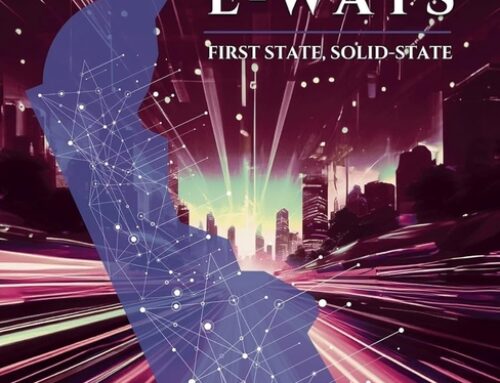

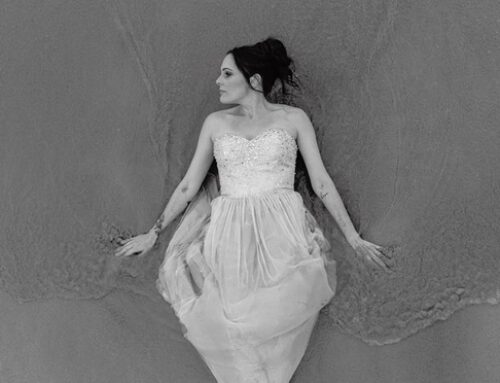
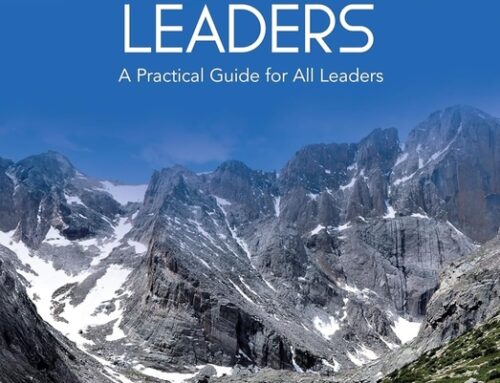
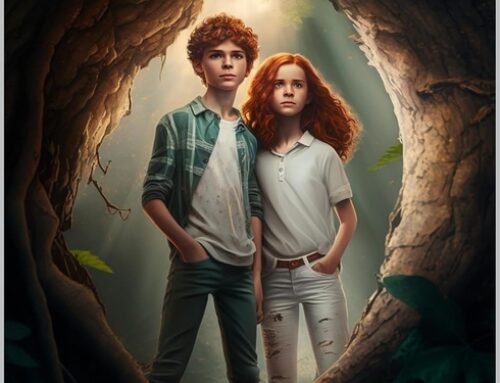

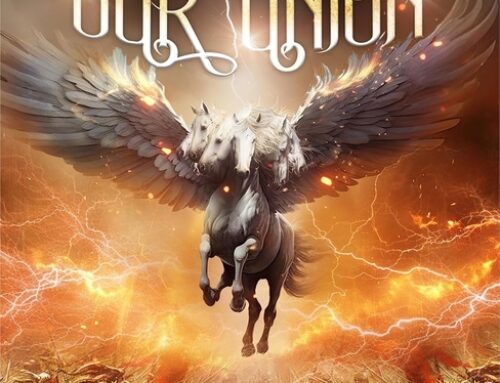
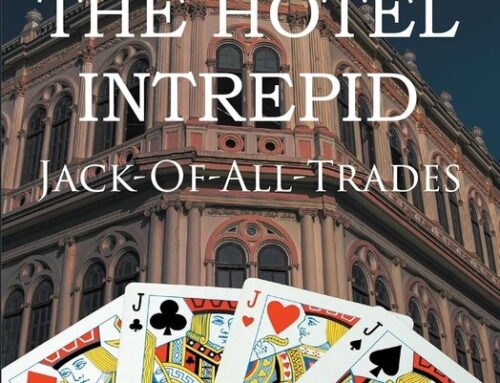
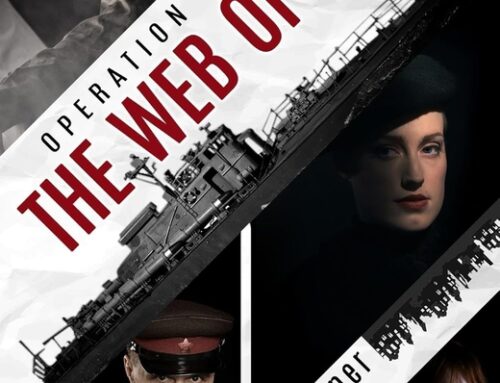

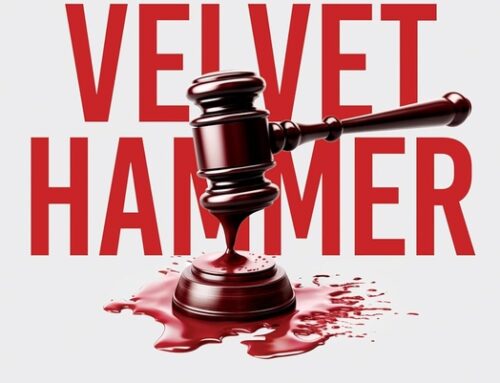
I don’t personally like ebooks as I much prefer to sit with a solid book in my hand in whatever comfortable chair I choose rather than squint at the monitor using a mouse to scroll through the book. Perhaps if the digital media that was on offer was in the form of audio rather than printed form, then I would be a whole lot more interested.
Have you picked up a new generation e-reader? For one, there’s no mouse involved. The Sony E-Reader has a very paper-like quality with no glare. This is the kind of preconception that hurts ebooks – assuming they’re hard to read, just as people assume self-published books are bad. Also, audio books abound, with self-publishers as well via podiobooks.
No I haven’t, but I am not making any assumption as I have tried reading eBooks, using Adobe, and it wasn’t a very enjoyable experience at all. I knew audio books existed, but strangely enough haven’t come across any on the internet.
I’ll admit – reading a book on a computer is a pain. I think it’s important to read a book on a different device than a place where you do other kind of work. Eventually, people are going to get their music player/phone/tv/and e-reader all in one portable place. I’ve read how this will take people out of the reading experience – as they’ll get an email alert in the middle of reading, taking them out of the book. I’m not so sure that’s such a big problem, as there are currently a number of distractions: a phone can ring or an email can signal an alert, regardless, even if it’s on a different device.
But generally, E-readers are a comfortable read, just way too expensive.
So, they exist but are a bit expensive? Cool, then it only a matter of time before the price comes down and they become more affordable. I reckon I can wait.
It will snow in the Sahara when I forfeit paper books for the transient imprint of electrons on plastic. The very idea that a book can be loaded and deleted into an electronic page consigns its ownership to the realms of the imaginary. The touch and feel of a book, the way it ages and wears with time, the joy of suddenly rediscovering an old treasure on the shelf: these are the joys of owning books. Quite apart from the fascination that antique books have – for instance, I have an original collection of poems by Mrs Hemans, bound in green leather and bearing the imprint of a long defunct London publisher. Books are more than collections of bits and bytes – they are indelible treasures.
As for music, I remember the joy of buying an album pre-CD. The cover artwork was often the topic of long discussion, as were its consonance with the music, its origin, its intention and so forth.
Digital music has, as all new things do, brought both benefit and destruction. Certainly, the processes of purchase (or ‘acquisition’), storage and access are more convenient. But in exchange for that ephemeral convenience we have sacrificed the joy and pride of owning works of art that we carried with us through long years of life. Life is NOT all about convenience – it’s about experience, and the digital world has more capacity to diminish rather than enhance that experience. Long live paper books, I say!
Damn it Kieth, that tears it, I don’t reckon I will ever get into ebooks now. Reckon I’ll just head on over to the bookcase and fondle some of my many books, inhaling in the aroma of knowledge as I snuggle up to them.
Exactly!
Keith, I agree with you that there’s no argument about ebooks being better than books. I’ve collected books throughout my life. I absolutely hated CD’s at first – didn’t nearly have the artisty of LPs. MP3’s are even worse – and have made people more song-based than album-based. But the technology has also allowed more bands to get their songs heard and distributed. Same goes with ebooks – worse delivery mechanism, better distribution. But really, it’s about the art, not the delivery system. And though books are great as objects, the writing should be most important.
Editor, let me put it this way: Reading a book electronically on Kindle or whatever is like flying economy and paying a first class fair or vica versa. Either seat will get you there, but one is overpriced and inferior whilst the other is a bargain of luxurious proportions. There’s a fallacy embedded in your (very well made) points, and that is the statement that the delivery mechanism can be separated from the art. I do not believe this is true. Comparing a real book to an E-book is rather like comparing a corrugated tin barn with no roof and one lamp to the world’s great theaters. The latter are great places to experience a play, the former is best avoided. The means of delivery very much matters – and that’s what the pony-tailed purveyors of electronic wonderland have never understood.
I understand your point about more bands being heard, but you forgot to mention that the music industry is in decline – and quite possibly due to to the fact that the overall experience of buying and owning an album has vanished into the electronic ether.
As I said earlier – it’s the experience that matters, not the convenience.
Man, you’re harsh. I just don’t think reading on an ebook reader is equivalent to a rain drenched shack or eating crap instead instead of eating gourmet or any other analogies. As I said, reading a printed book is preferable, but increased access to books is also great, as is the increased environmental benefits (something I’ll write about later). Another analogy would be: taking the bus instead of taking a car. I remember a line in the movie “Singles” where the guy’s trying to promote a new rail line to the Mayor and he rejects it saying, “People love their cars.” That’s true, but people also love their planet.
Ebooks have an uphill battle when compared with music, because music is a more passive experience – you can put a CD, LP, or route an MP3 from your computer, and it’s still the same experience. Books are much different – but I’d rather the greatest number of people had access to the book than fetishize paper. I would bet more people than ever are listening and experiencing music – they’re just not paying for it.
Harsh? Me?! I haven’t started yet! (Heh Heh!!!)
Let’s consider your points one at a time, my friend:
1) Saving the planet by making more disposable electronics – as opposed to books made from organic, farmed paper – a questionable assertion indeed. And remember – paper is eminently recyclable, whereas electronic products tend to be toxin laced eco-nightmares. This was a fallacious argument; I like my planet too, so let’s stick to paper please.
2) Fetishizing paper – ?! Come on! Did I not adequately relate the holistic experience of buying and reading books?! This is no fetish – it’s a love for substance over style. I’ll resort to analogy again – real books are like gold compared to the counterfeit confetti printed by the crooks we know as politicians.
3) Really good point you made – more people are listening to music, but they not paying for it. Is this right? Should artists perform for free and starve? Honestly, I can’t understand why you raised this as a benefit. If I write a book and someone downloads it for free without my permission, I regard that as an act of theft. In this screwed up period of western decline, the universal sense of entitlement and the gratification of desire without the need to work and pay for such gratification is but another indication of decay. Are we to embrace theft as a benefit to society?
Good to discuss these things with you, and back to the point – E-Publishing is an abomination so contrary to the needs of so many readers of books, that I think I may confidently predict that its success would me most signally marked by a further drastic decline in western literacy standards (if such a thing is possible – but alas! It’s all too likely). The gratification of the need for fast and easy ‘reading’ experience will kill literature of even the most average calibre and probably give birth to the ‘five minute novel’ and the ten second ‘word bite’ (or is that Byte?!).
Here I draw the line!
Keith
Just an afterthought – a book is rather like one’s wife – a comfortable companion over a very long period of time. An electronic book is rather more like having a temporary staff comprised of cook, cleaner, prostitute, gardener, pedagogue and child minder. I prefer a wife. We grow older and wiser together.
“The gratification of the need for fast and easy ‘reading’ experience will kill literature of even the most average calibre and probably give birth to the ‘five minute novel’ and the ten second ‘word bite’ (or is that Byte?!).” Yeah, I just don’t see that happening. There’s room for all types of literature. Is flash fiction an abomination? No. And you’re right that publishers need to find a way to profit off of ebooks, which is why they’re so terrified of the prospect, seeing what Napster did to the music industry. I’m not advocating free distribution of all books, just lauding the potential for distribution to more writers. But, yes, they should make money on the product if they’re charging for it.
The environmental component can’t be overlooked. There’s evidence (again, which I’m going to write about) that the footprint for printing up a book outweighs the footprint of reading an ebook on a reader. Not just the footprint for the printing process, but for shipping as well.
Anyway, I’m in total agreement that printed books are nicer than ebooks, I just think that ebooks are a very positive parallel development. Are they perfect? No, but they’re useful. And nobody’s talking about abolishing the printed word.
And there my good Editor, you and I should leave the field I think, and request some fresh input. You’re a scholar and a gentleman, and I’m sure we’ll cross swords with great pleasure in the future.
Keith
Thanks for chiming in, Keith. Enjoyed it. And everyone, check out his novel:
https://www.selfpublishingreview.com/2009/01/30/the-aquarius-key-by-keith-rowley/
Man, the banter between you guys was so much better than the post itself. It ain’t often that I stumble a post but I think that others should see the clash of blades between two staunch orators. As for me, I think I will stick to the printed article as I find it so much easier to immerse oneself in the story if you can hold it physically rather than read it electronically.
As someone who just wrote his first ebook (okay, last April), I’m hoping that the genre sticks around for awhile. I buy and read ebooks all the time, sometimes downloading it to my Palm (yeah, I still have a Palm) and reading them when I’m not home. One day I might get a reader so I’m not stuck at the computer for those ebooks too large for the Palm.
As for Sire, he doesn’t read anyway, so don’t let him fool you on the ebooks thing. LOL
Mitch,
The very best of luck to you. I would in no way wish for you or any other adopter of new media to be discouraged by an old fart who’s sometimes far too impressed with his own brand if inebriated eloquence! Seriously though, as Sire said, there’s a market for all of these art forms. I juet felt like kicking back a little at the tide of techno-barbarism (see – there I go again!!!).
I sincerely wish you all success.
Keith
Check the typos – I was a touch pissed! And remain so!
@ Mitch, I do so read, just not ebooks. Your just pissed because it took me so long to read yours. Next time send be a paperback 😀
I hated ebooks until I bought a PDA (for other reasons). Now I love them. I have control over type-size, a backlit display (for when I’m in bed), and the small size of the device means that I always keep it with me, which provokes me to read a lot more often, like whilst on my break at work or sitting on the loo or wherever.
However, I have no interest in these specialised ebook readers, like the Kindle. To me the PDA (or Pocket PC; mine’s a Dell Axim x51v) is perfect, and it can do a whole lot more besides acting as a book reader.